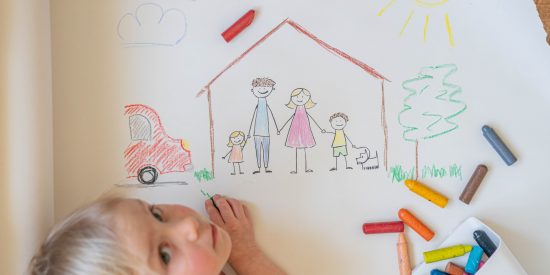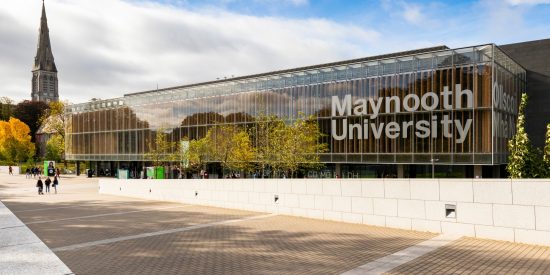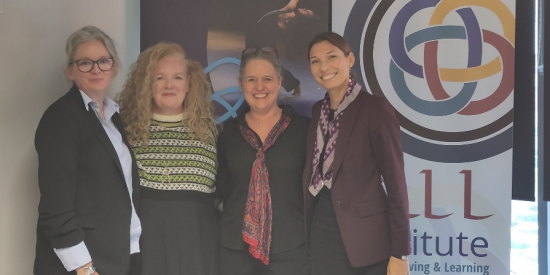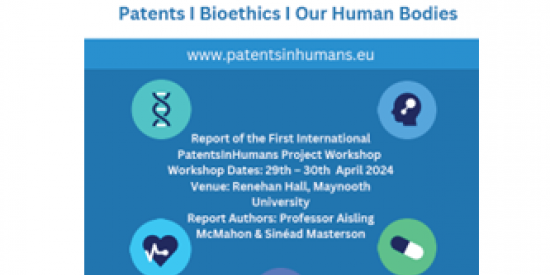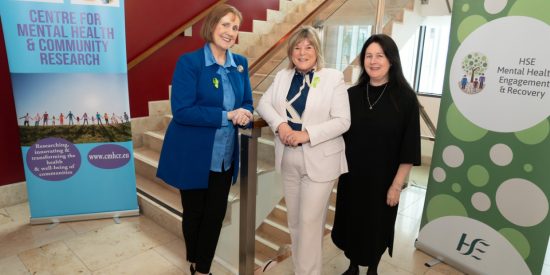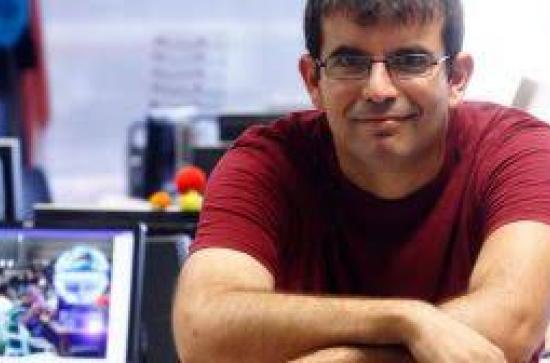
ALL member, Unai Daiz-Orueta has a new book chapter:
Parsons, T. D., Duffield, T., McMahan, T., & Diaz-Orueta, U. (2019). Virtual School Environments for Neuropsychological Assessment and Training. In Mind, Brain and Technology (pp. 123-157). Springer, Cham.
Abstract
The virtual school environment has been developed and validated by the Computational Neuropsychology and Simulation (CNS) Laboratory of Dr. Thomas Parsons. The overarching goal of the virtual school project is to provide neuropsychological, affective, and social cognitive assessments that are more meaningful for the lives of children. These previously developed and validated virtual reality (VR) simulations of various contexts within the school environment (e.g., classroom, hallway, playground) can be combined and harnessed to gain ecologically valid assessments of children in real-world situations. The virtual school environment generates synthetic surroundings, including a virtual classroom, hallway, and playground via a 360-degree immersive experience. Furthermore, the computational design and administration of the virtual school environment platform allows for simultaneous recording of the child’s behavioral and physiological responses. Virtual environments can be used to offer traditional psychometric testing and can collect additional real-time data (e.g., head movements, limb movements that reflect distraction). As such, they have potential to provide greater diagnostic specificity and more useful targets for intervention.
About the Book
As technology becomes increasingly integrated into our society, cultural expectations and needs are changing. Social understanding, family roles, organizational skills, and daily activities are all adapting to the demands of ever-present technology, causing changes in human brain, emotions, and behaviors. An understanding of the impact of technology upon our lives is essential if we are to adequately educate children for the future and plan for meaningful learning environments for them.
Mind, Brain and Technology provides an overview of these changes from a wide variety of perspectives. Designed as a textbook for students in the fields and interdisciplinary areas of psychology, neuroscience, technology, computer science, and education, the book offers insights for researchers, professionals, educators, and anyone interested in learning more about the integration of mind, brain and technology in their lives. The book skilfully guides readers to explore alternatives, generate new ideas, and develop constructive plans both for their own lives and for future educational needs.





